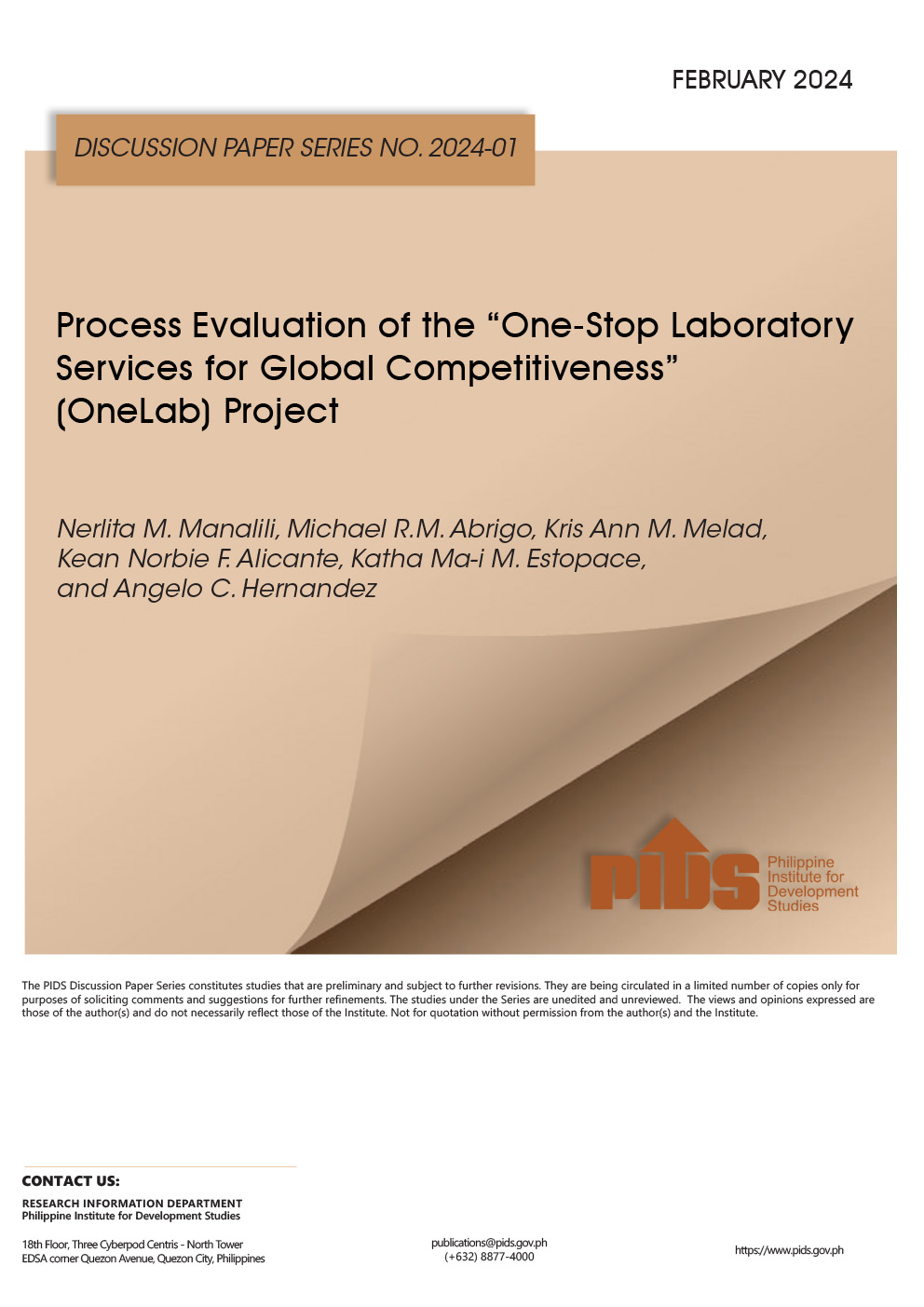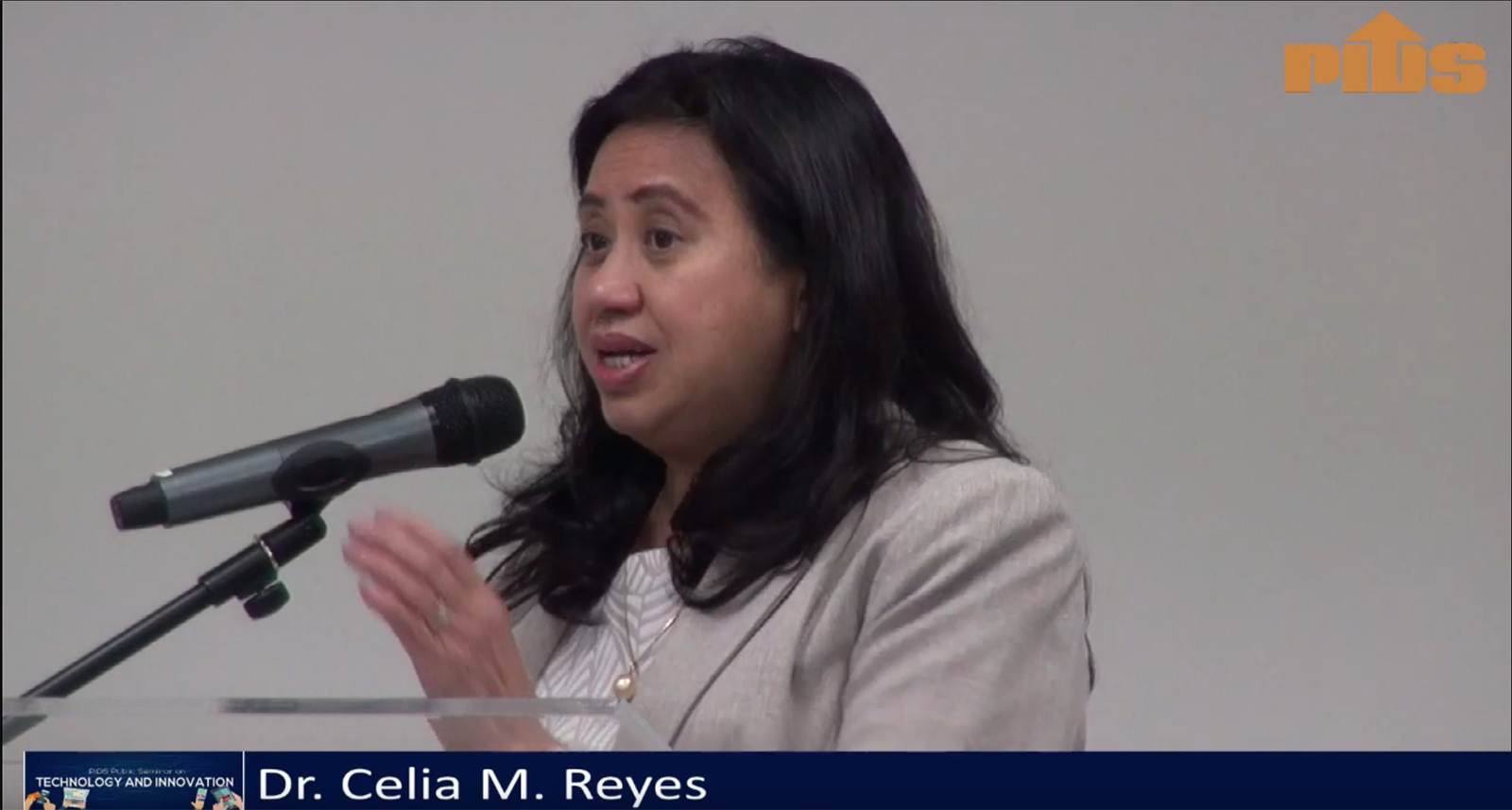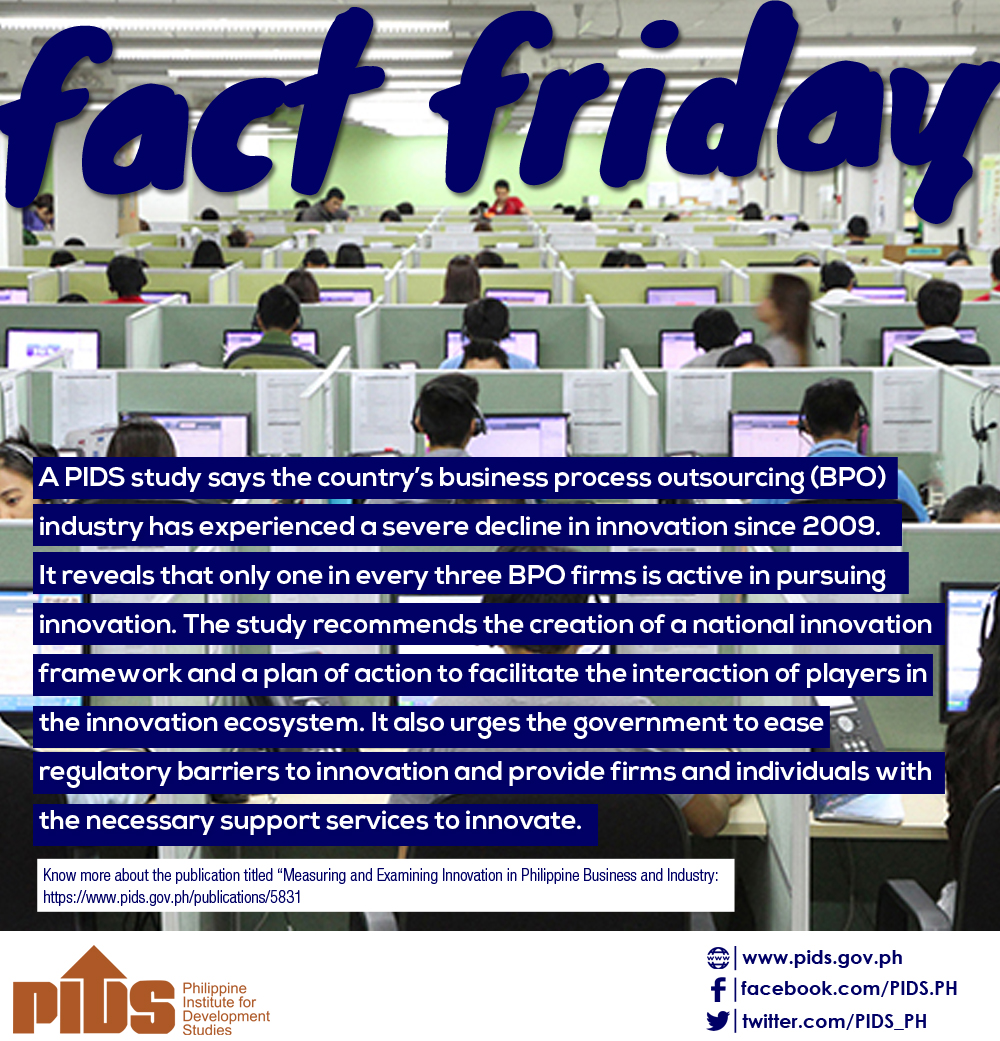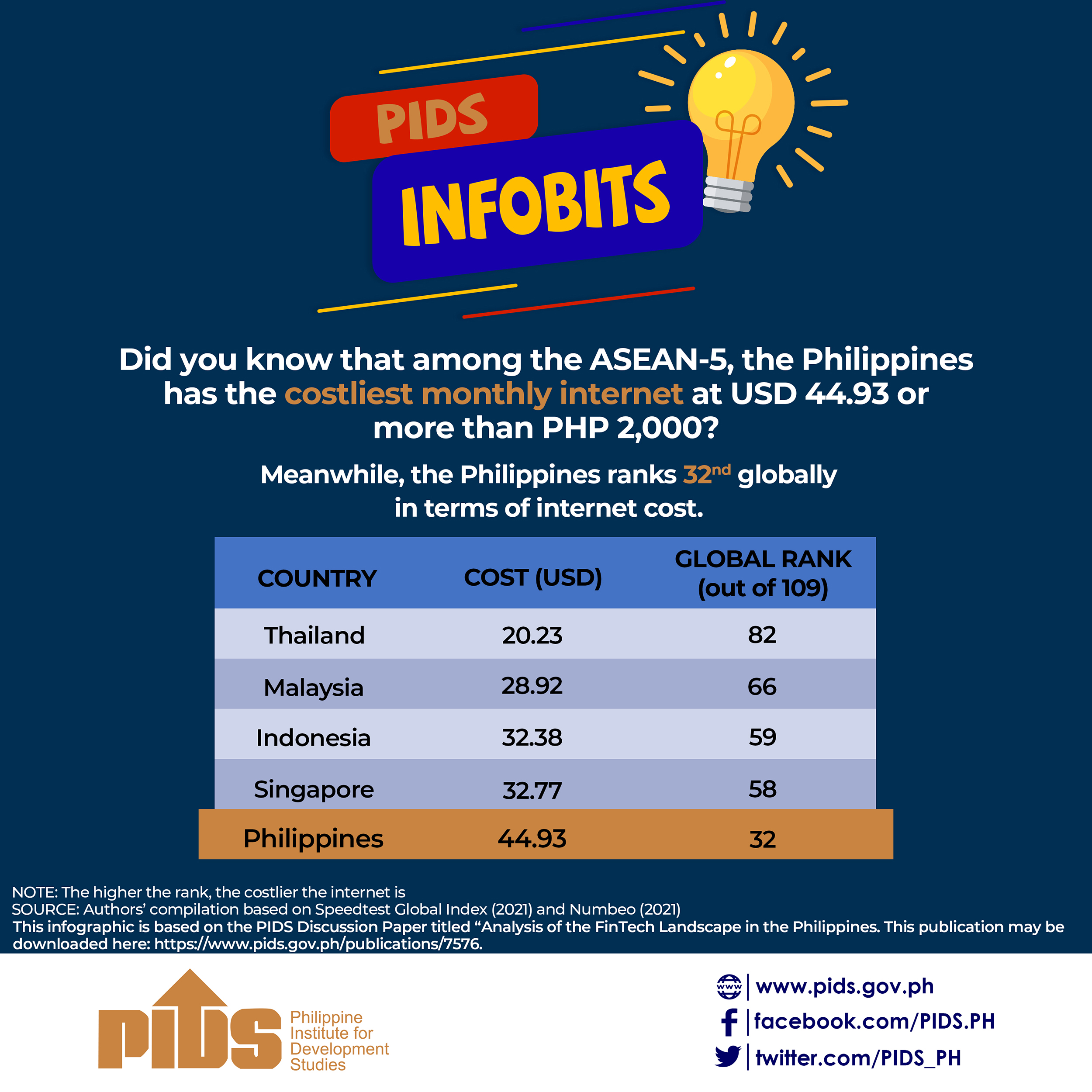Innovation, whether simple or complex, can promote labor productivity and employment growth thus allowing more impetus for strong economic growth, a study of state think tank Philippine Institute for Development Studies (PIDS) showed.
Simple innovation is when at least one of the four factors — products, services, process and marketing — is adopted by a firm, while a complex innovation is when two or more of these are combined.
PIDS Senior Research Fellow Connie Bayudan-Dacuycuy and Research Analyst Lora Baje, authors of the study, said simple innovation can be adopted by firms that are constrained by their budgets while the complex version can be adopted by firms not confronted by cost issues.
In terms of labor productivity, the study observed that firms adopting simple innovations have higher labor productivity compared with non-innovators. Specifically, results of the study showed “process innovators have labor productivity that is 110 percent higher” while product, marketing and organizational innovators are higher by 103, 93 and 80 percentages, respectively.
Complex scheme
Companies that adopt complex innovations also achieve higher output with product-process innovators having a higher labor productivity of 137 percent.
The authors noted “among the possible combinations, only product-process innovations have significant effects on labor productivity.”
This means that firms should put more focus on innovating their methods on manufacturing products and services, logistics, delivery, as well as their maintenance systems, purchasing, accounting, and computing operations.
On employment growth, the study observed that “all innovation types have positive and significant effects on employment growth” but among the four, product and organizational innovations result in higher employment growth by about 28 percent.
A higher level
According to the study, organizational innovation includes “changes in the organizational structure such as creating a new unit or department, dissolving any unit or department and merging any unit or department.”
For complex innovators, the authors said the combination of organizational-process innovation, specifically logistics services, yield the highest employment growth at 29 percent among other types of process innovations.
The study added the combination of product-organizational-marketing innovations affect employment growth by about 27 percent higher than non-innovators.












